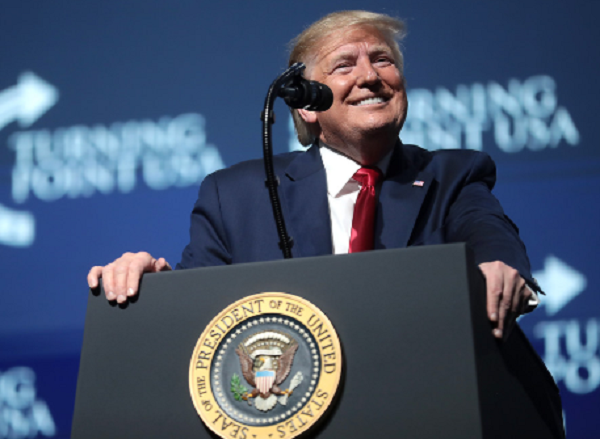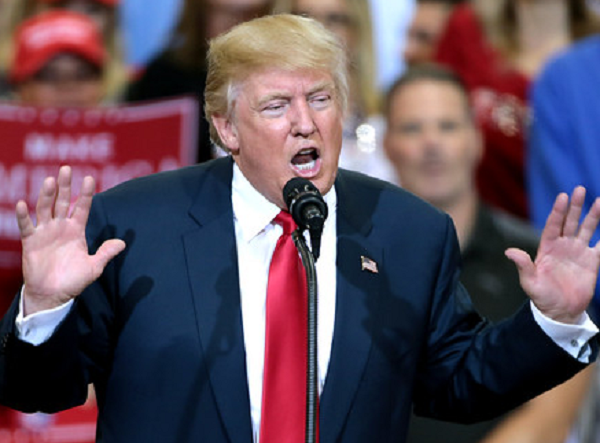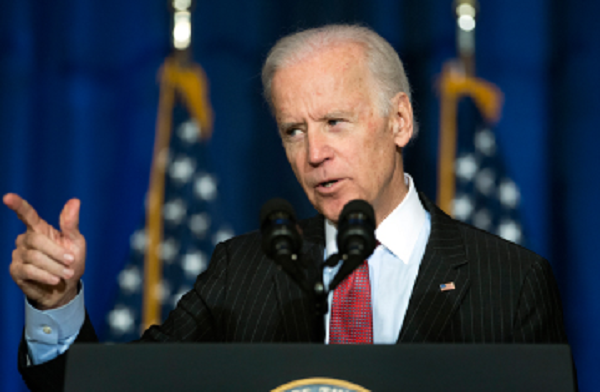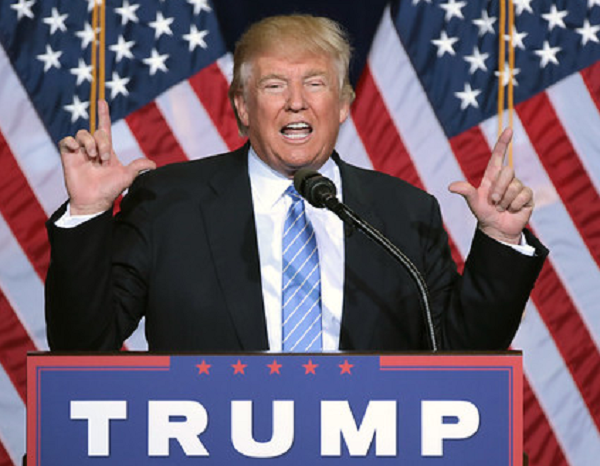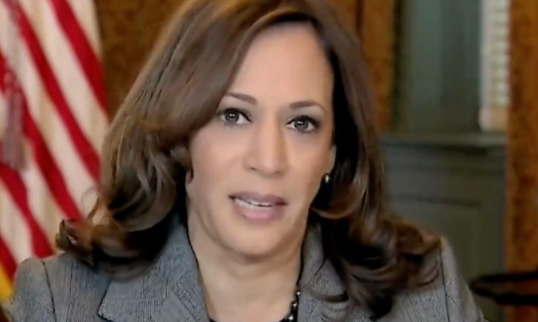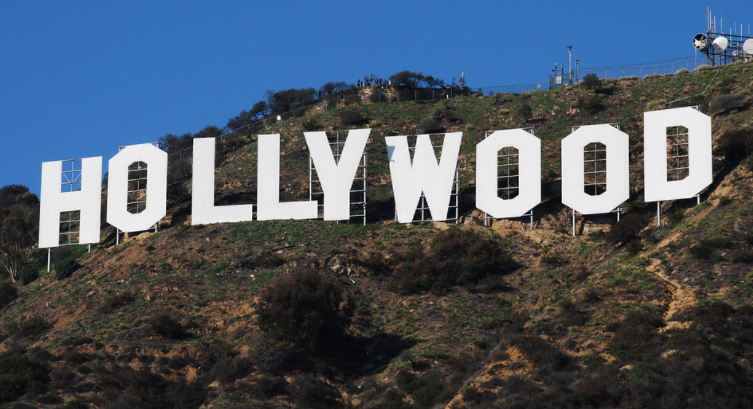During the 2016 presidential primary season, prominent Republican donors such as Paul Singer, Ken Griffin, Joe Ricketts, and Stephen Schwarzman contributed substantial sums to various GOP candidates who were not Donald Trump. Their aim was to thwart Trump’s ascent and prevent him from securing the nomination.
However, their efforts ultimately failed. Trump not only clinched the Republican nomination but also defied expectations by defeating the Democratic candidate, Hillary Clinton, in the general election.
In the current election cycle, donors like Singer and his counterparts initially provided financial support to Trump’s primary opponents, although the funding levels were not as substantial as in 2016. Nevertheless, they have ceased their financial backing for Trump’s rivals, as they now perceive him as the frontrunner for the 2024 Republican nomination.
“It’s becoming clear the cavalry’s not coming,” Ken Spain, a longtime GOP strategist who advises the business interests about Washington, told The Wall Street Journal. “The donor community has come to recognize the strength of Trump and the difficulty in dislodging a major part of the base from him. You’re tilting at windmills if you try.”
The WSJ added:
Rob Collins, who co-chairs a super PAC supporting South Carolina Sen. Tim Scott, wrote in a new memo to donors that it was making a move that “would be obvious in the business world” by canceling much of its planned advertising this fall.
“This electorate is locked up,” he wrote, according to a copy of the document reviewed by The Wall Street Journal, adding that Republicans who oppose Trump would be “wasting money” until the GOP field thins.
Furthermore, Trump’s fundraising prowess is noteworthy. The Wall Street Journal (WSJ) reported that Trump’s campaign collected approximately $25 million between July 1 and Sept. 30, largely fueled by small donors. In comparison, the next-highest fundraiser, DeSantis, raised $11 million during the same period. While individual donors can contribute a maximum of $3,300 to various candidates during the primaries, affluent donors can channel millions into super PACs aligned with specific candidates.
The WSJ also quoted an anonymous source closely connected with several financial industry donors, who predicted that major Republican donors might largely abstain from the presidential race and instead redirect their resources toward regaining control of the U.S. Senate. Another source indicated that prominent GOP donors, while frustrated with Trump’s strong performance, have come to terms with the likelihood of his nomination as the party’s candidate.
However, it’s worth noting that not all major GOP donors are staying on the sidelines. For example, one of the party’s most prolific and generous contributors, Richard Hihlein, a Wisconsin-based shipping magnate, and his wife Elizabeth, allocated $2 million to a super PAC aligned with Ron DeSantis earlier this year.
“Billionaire Oracle co-founder Larry Ellison has said he is all-in on a Scott campaign, and he donated $30 million to a Scott super PAC ahead of the midterm elections. Robert Bigelow, a Las Vegas hotel and aerospace entrepreneur, gave $20 million in March to DeSantis’s super PAC,” the WSJ added.
Several significant GOP donors, including Singer’s network and the influential Koch family, might unite behind a frontrunner in Iowa, as indicated by the report. In such a scenario, they would channel substantial funds into that candidate’s campaign, especially during the Super Tuesday primaries.
But that said, “The aides who have discussed such a scenario acknowledge it is unlikely to come to pass—and probably wouldn’t work anyway,” the WSJ reported.
Trump is not only surpassing all GOP competitors but is also rapidly closing in on President Joe Biden, and in several recent polls, he’s even overtaking the incumbent president.
A prominent pollster, often considered one of the nation’s best, has recently predicted a potential “electoral landslide” for Trump in the upcoming election, as President Joe Biden’s approval ratings decline, and the impact of “Bidenomics” continues to affect everyday Americans’ incomes.
In an interview with radio host Michael Patrick Leahy for The Tennessee Star report, pollster John McLaughlin delved into the significance of current state and national polling, the key polls to monitor, and how to interpret the latest polling data as it emerges in the coming months. He pointed out that electorally, Trump might be headed for a resounding victory over Biden in the upcoming election.

